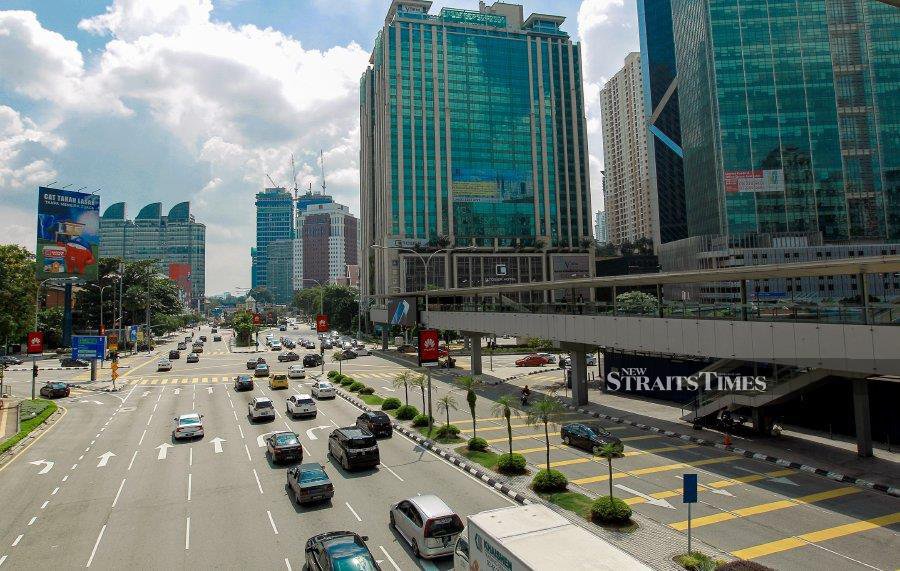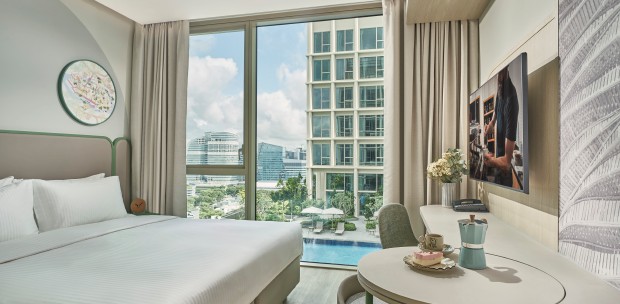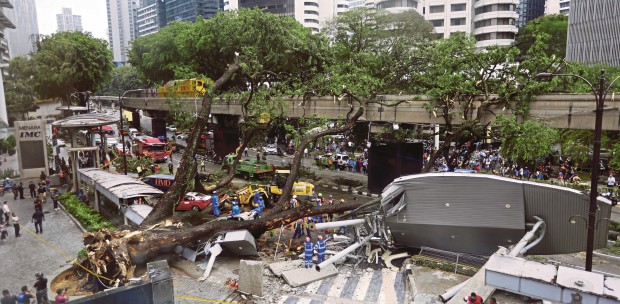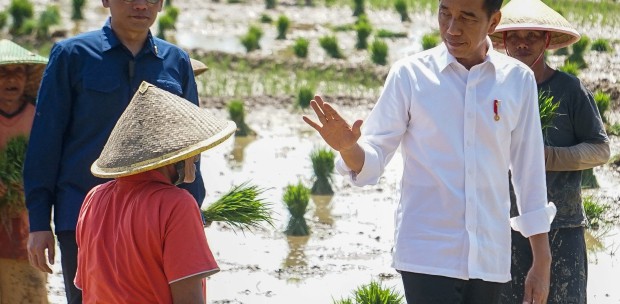RETHINKING urban spaces can be the foundation of a new "common civics". When I virtually met a designer and innovator, Weiee Ying, I was intrigued by his idea of "common civics", a new approach to create healthier, happier and human-centric communities in Malaysia.
"Placemaking", shares Weiee, "is the process of turning public spaces into community places. Instead of designing to only fulfil architecture needs and amenities, placemaking focuses on engaging with people who use the space to know how best to design for them — hence creating community life".
We all know that Malaysia is heavily dependent on fossil-fuelled transportation where traditional cars instead of electric vehicles are predominant. People are used to lives dominated by an insane use of the cars. Their lives are literally driven by cars!
Over the last few months, I read articles and saw pictures of one of the unintended consequences of the pandemic-induced lockdown: the rethinking of urban spaces throughout the world.
Car-centric towns, like Milan and Paris, have started rethinking their urban spaces, closing more and more roads to cars, creating more pedestrians spaces.
The same happened in metropolises, like New York City and Toronto, where new kilometres of new bicycle lines have been planned to respond to the Covid-19 emergency.
In Malaysia, such evolution and progress did not emerge strongly enough.
For example, Jeffrey Lim, a graphic designer, came up with the idea of creating a bicycle map of Kuala Lumpur and some parts of Petaling Jaya. The final product, completed in 2014, was the result of a collaboration with people from different walks of lives.
It is true that some local councils made an effort to embrace a more bicycle-friendly vision, including the Kuala Lumpur City Hall (DBKL), Petaling Jaya City Council (MBPJ), and in the past have shown an interest in creating the so-called "Cycleways" network but the commitment has been patchy at best and without long-term planning and a common vision.
To succeed, collaborations are essential. For example, Weiee recounts how Epic, a social innovation organisation, has been working in the past with the Subang Jaya Municipal Council (MPSJ) to "create minimal interventions to test the validity of the park's existence — and the finding was that the location was not at all suitable for a park since it is surrounded by main highways."
The idea of "common civics" is about getting people to think about new urban solutions that could transform their lives for the better. It is not only about designing new prototypes on micromobility, a concept of which Weiee is very fond of. For example, conceptualising new ways to improve the sidewalks' experience or finding more healthy solutions to car movements.
At the foundation of this is a deep commitment to have people working together, most of the time donating their time, for a higher cause. It's about dialogue and discussion and it's also about partnerships. Transformational change will only happen if the government at all its levels is ready to be engaged and supports the process.
One of the cornerstones of design thinking that inspires much of this urban renewal work is the concept of prototyping, starting small and trying out a new solution that has been elaborated after cross-sector stakeholders' discussions and deliberations.
Backing up financially such a working approach should not be an issue and some budget lines must be allocated nationally and locally to enable the best ideas to emerge through a "cross fertilisation-based" decision-making.
Ideas and best practices are certainly not lacking in Malaysia. For example, Think City, another citizens-led organisation, has the mission of "making cities people-friendly and resilient by being a catalyst for change in the way cities are planned, curated, developed, and celebrated". At its core is the idea of placemaking intended as a "way to improve the economic viability of a place and offer opportunities for building healthy, productive, resilient societies".
Another example is Sedunia, a very interesting change making platform set up by Epic where new ideas and new actions emerge and are implemented collaboratively from urban regeneration to promotion of volunteerism.
The truth is that the underlying issues are very hard to tackle due to the incentives or a lack of that which are tied to their solutions, shares Weiee. We need political will and ability to execute transformative changes. Will the political class be up to the challenge?
The writer is the co-Founder of ENGAGE and writes on social inclusion, youth development and regional integration and civic engagement in Asia






